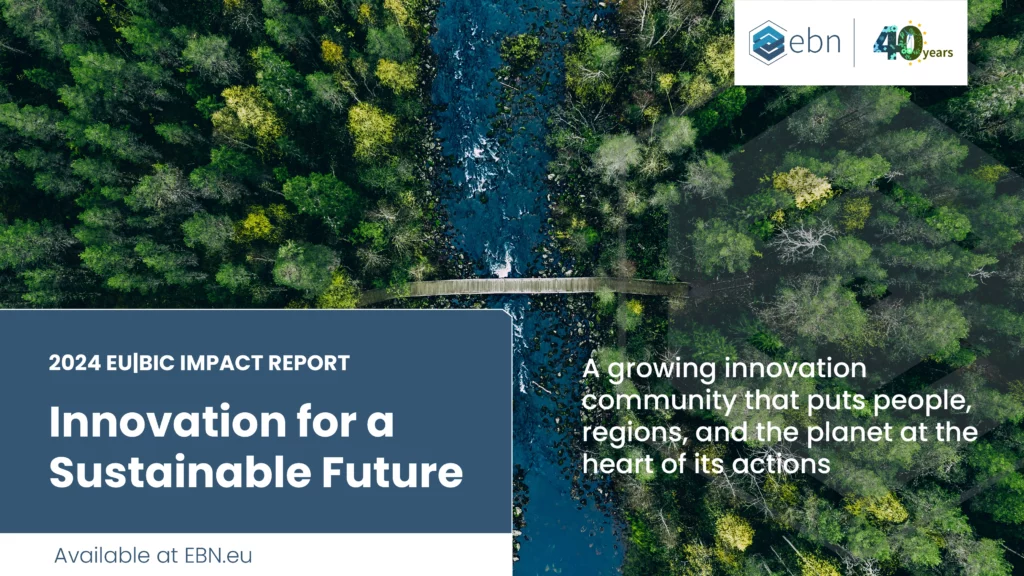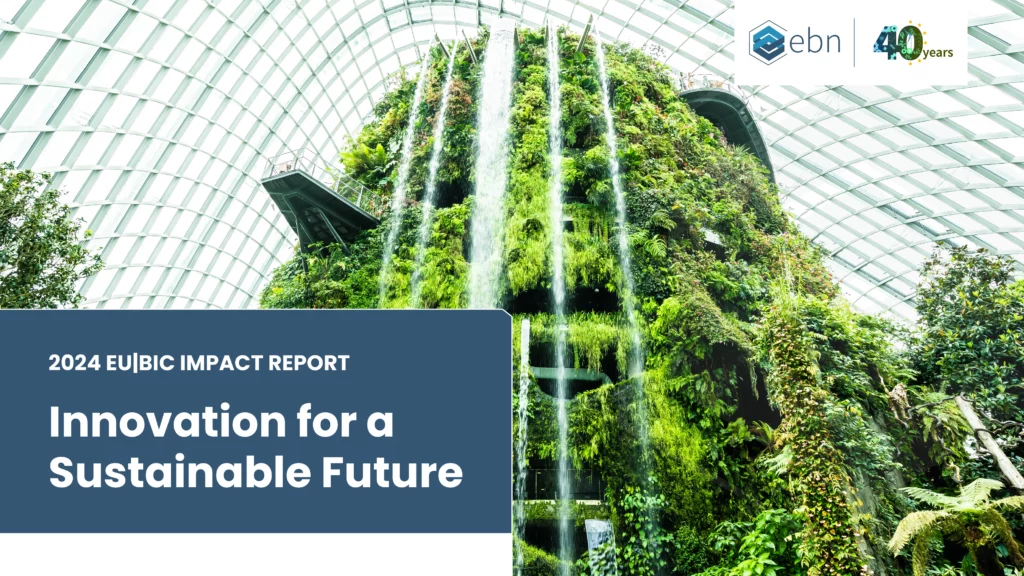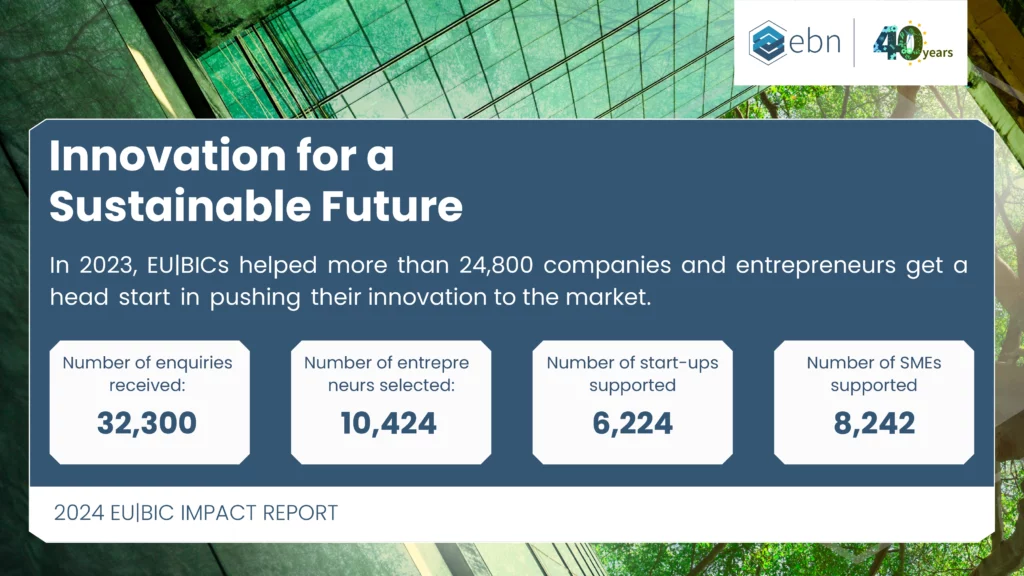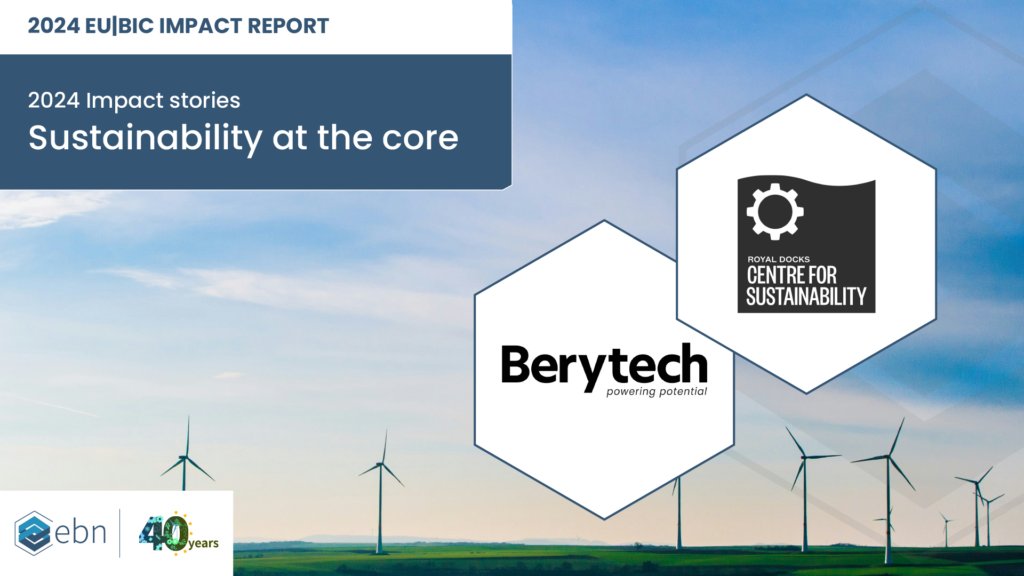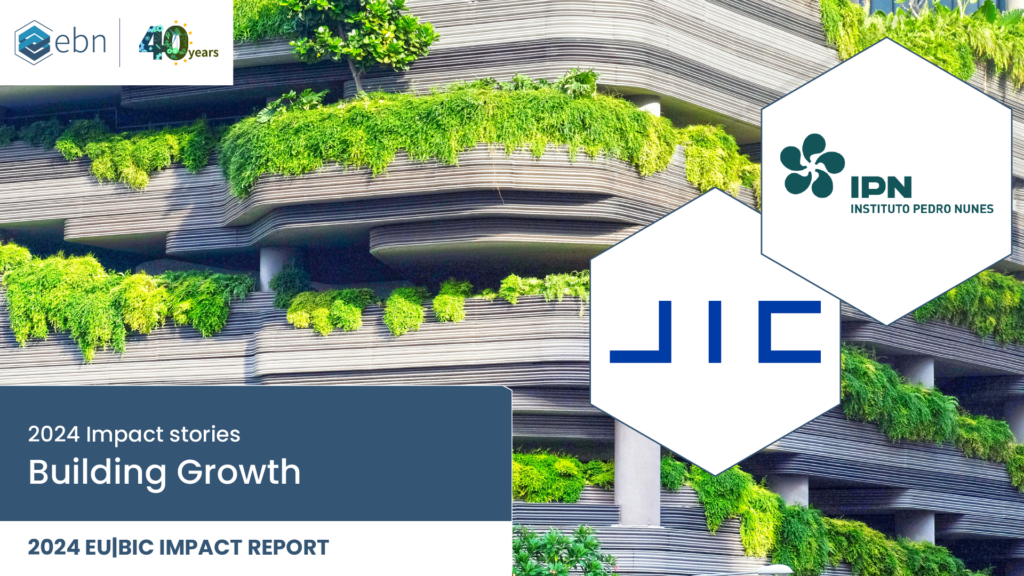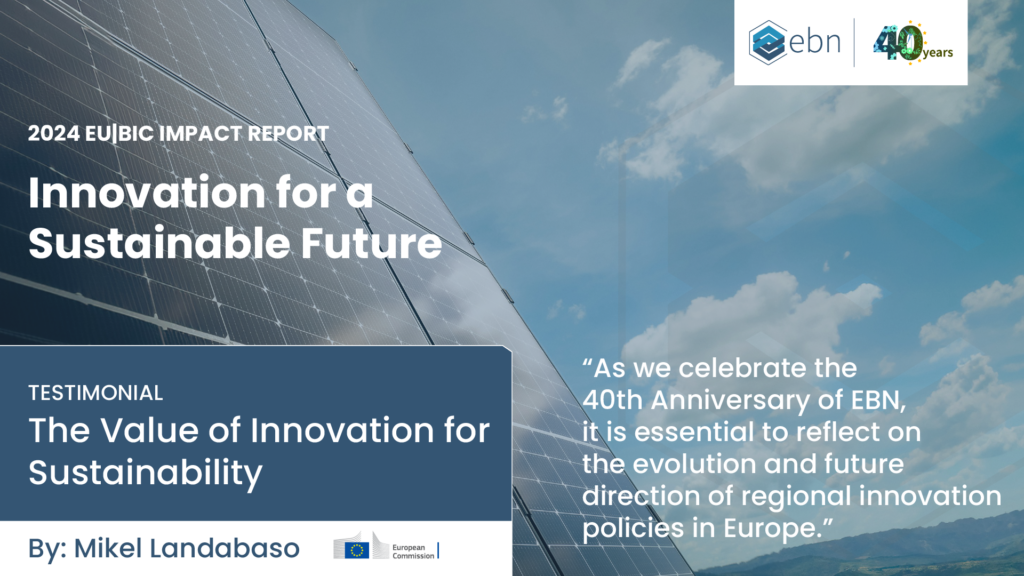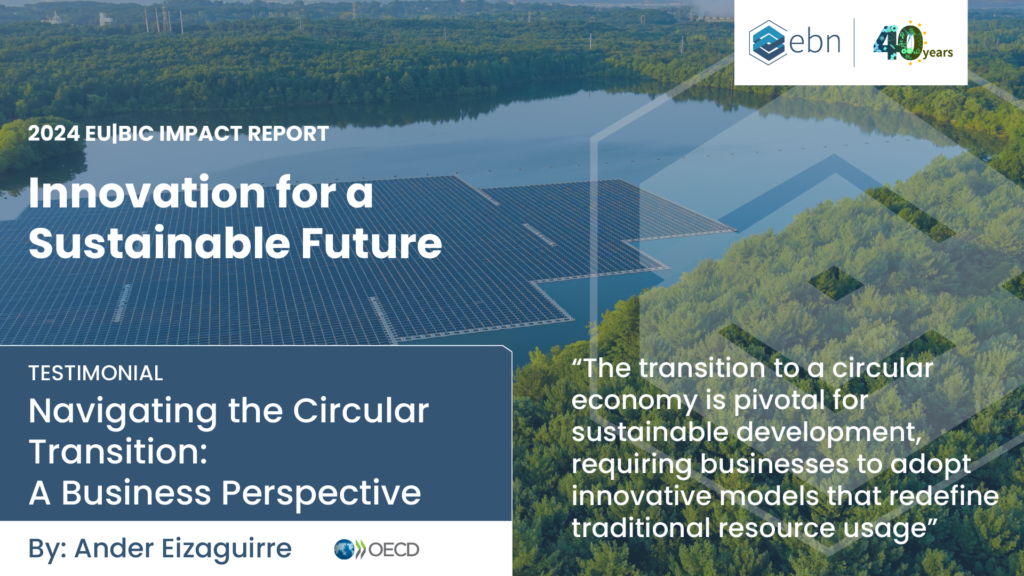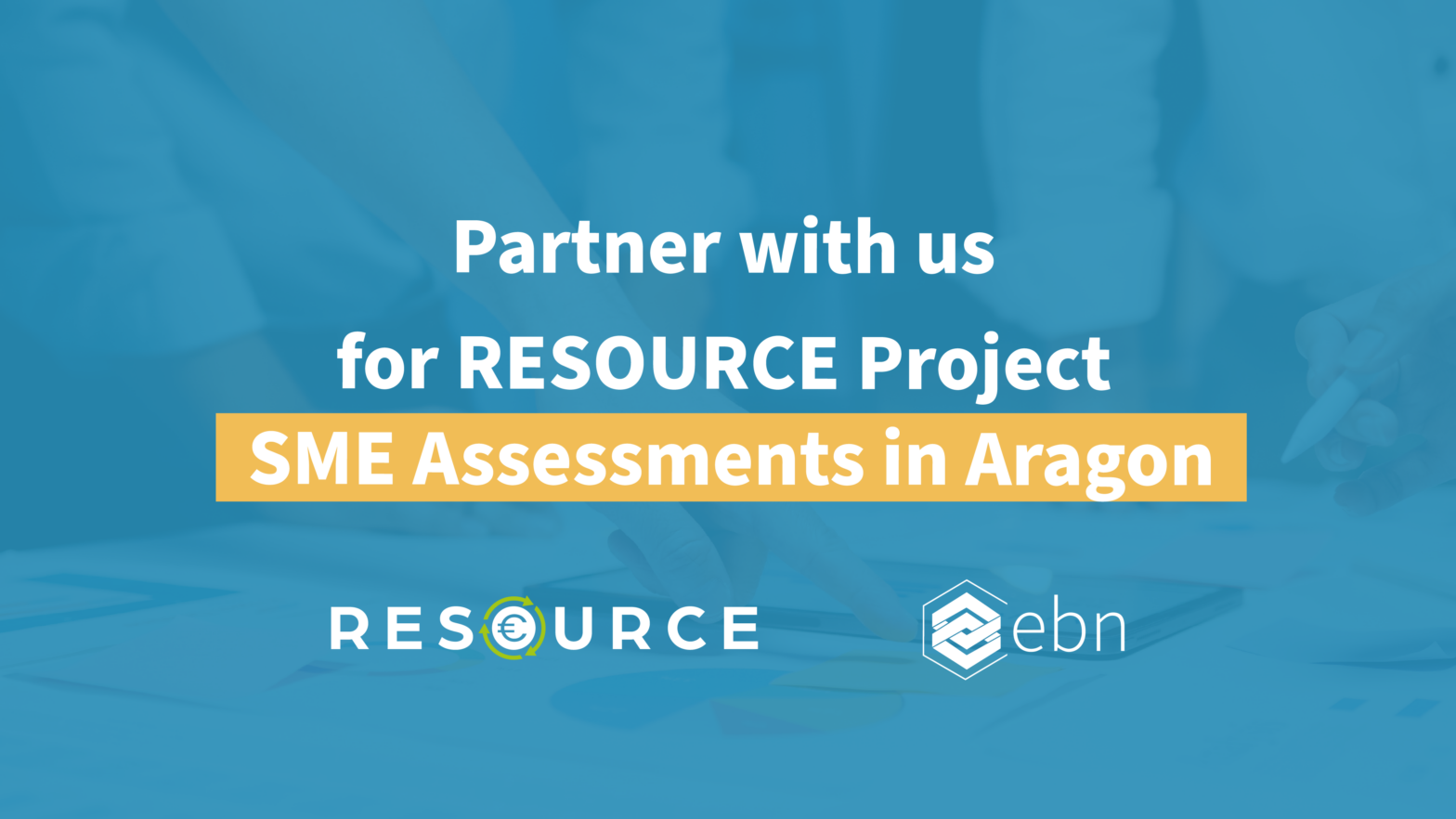Fostering Deep Tech: 2024 Impact Stories
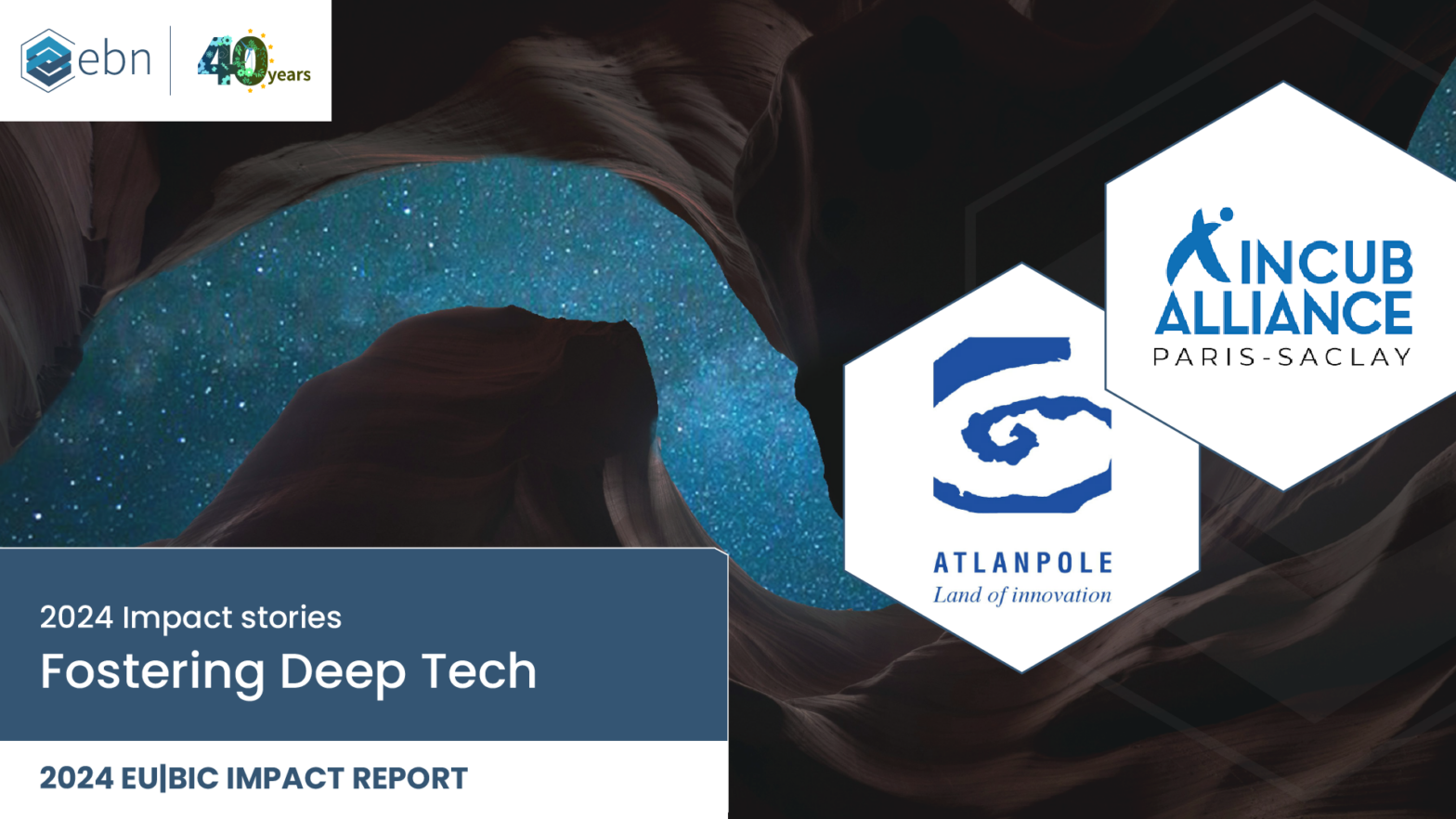
This article is part of a series, you can find other stories about our community’s impact here
Deep tech startups are at the forefront of innovation, developing technologies that have the potential to transform industries and address pressing global challenges. Support for these ventures is crucial. Deep tech startups often face unique challenges, such as long development cycles, high capital requirements, and complex regulatory environments.
European Innovation Agenda aims to position Europe as a leader in the next wave of deep tech innovation, addressing societal challenges and enhancing competitiveness. EU|BICs play a pivotal role in this agenda by, among many services:
- Working as the linchpin and connector to their regions’ multiple and diverse business support actors, they connect and translate the needs of academia, businesses (large and small), civil society, and policy making.
- Offering quality certified support to researchers, mentoring their business acumen and guiding the conversion of transformative investigative breakthroughs into disruptive businesses
- Being experts in accessing funding – which allows ventures to survive their long and needed maturation and to perfect their product for markets
Why Deep tech matters
Deep tech refers to startups or companies whose innovations are based on substantial scientific or engineering advances. These technologies often have the potential to solve significant global challenges across various sectors, such as healthcare, energy, environment, and infrastructure. Unlike conventional tech startups, deep tech ventures usually require longer development cycles, more capital, and expertise due to the complexity and novelty of their technologies. These startups can target multiple markets and typically have an even bigger competitive edge because of the advantage of their technological advances and intellectual property portfolios. The latter can yield high ROI on promises because of low initial valuation and high attractiveness as targets for acquisition. Their solutions are often high-risk, but their success can bring high rewards – create significant societal and economic impact by addressing fundamental issues such as climate change, medical breakthroughs, and sustainable energy production.
The importance of investing in deep tech can be best described as investors looking for the next Marie Curie or Max Planck, scientists and entrepreneurs taking disruptive technologies out of the lab and turning them into commercial products. Distributed at a global scale, these technologies eventually make their way into everyone’s life and have the potential to solve some of the many challenges humanity is facing. Supporting deep tech requires patience, time, money, and trust. It requires a well-structured and connected ecosystem that invests in these ventures as a mutual effort.
A prime example of EU|BIC’s role in fostering sustainable deep tech innovation is EQUIUM, a startup based in Pays de La Loire and supported by EU|BIC Atlanpole. EU|BIC Atlanpole has been instrumental in supporting EQUIUM’s journey, providing incubation, deep tech matching services for recruitment, and connecting the company with the region’s research and innovation ecosystem. Additionally, Atlanpole’s mediation helped secure a strategic partnership between EQUIUM and ARMOR Group, a key investor that brings industrial expertise to accelerate EQUIUM’s path to commercialisation. This collaboration highlights the power of local ecosystems in nurturing deep tech startups, enabling them to contribute to Europe’s sustainable industrial future.
Story
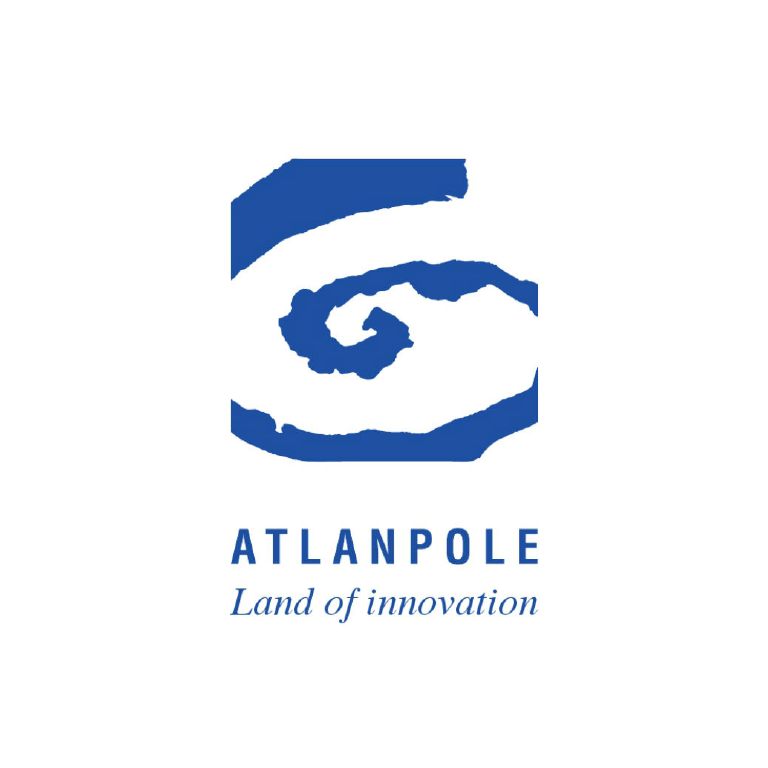
Deep Tech Support Best Practice
EU|BIC Atlanpole and EU|BIC Atlanpole, Equium, and Armour Group
Venture Growth Support, Investment, and Industry Partnership
Atlanpole and Nantes provided this support system: “After years in Paris, EQUIUM decided to move to Nantes to work with EU|BIC Atlanpole. We were struggling to survive, however here we were able to find the right support system and to pour solutions with a large-scale application on ships – using our heat pump system to manipulate the heat of motors. It was essential for our survival. We were greatly welcomed by EU|BIC Atlanpole, who were very keen to support us, and found a very flexible innovation ecosystem in Pays de La Loire”, affirms Cedric François, Founder of EQUIUM.
Supporting Deep tech startups
Deep tech startups are the future of technology, yet only 20% of the VC funds have gone into hardware since 2016. With 60% of the next five years’ revenues coming from the technology sector, this is a large discrepancy to account for. Although not all deep tech is related to hardware, there is a significant amount of innovation within it. Almost 60% of the whole deep tech funding since 2016 is related to hardware start-ups, confirming how essential they are in the tech ecosystem (source: Dealroom.co). EU|BICs specialise in supporting these deep tech startups by offering a range of comprehensive and accessible services.
A notable example is that of EU|BIC IncubAlliance, one of the key technology incubators located within the Paris-Saclay cluster. The IncubAlliance rigorously selects teams internally and develops focused programs to help deep tech startups transition from research to market and scale their teams. The latter is supported by collaborations with higher education institutions, research entities, and industries, notably the French Ministry of Research and the EU. All these are major contributors to innovation and entrepreneurial success in the region.
Story

Fostering Deep-Tech Pioneers
Deep-Tech Startup Creation Focus
EU|BIC Berytech – The Circular Transition: EMBRACE toolkit
At the heart of IncubAlliance’s mission is the creation of deep-tech startups, propelled by specialised programmes. These initiatives are designed with a rigorous internal selection process to identify and nurture the most promising projects. Offering an initial 18-month engagement that can extend up to 5 years, IncubAlliance’s programmes are meticulously crafted to guide participants from research to entrepreneurship. This journey encompasses a comprehensive 360-degree roadmap for developing deep-tech companies, emphasising the transition to entrepreneurial roles, technological startup structuring, acceleration of market entry, funding, and team expansion.
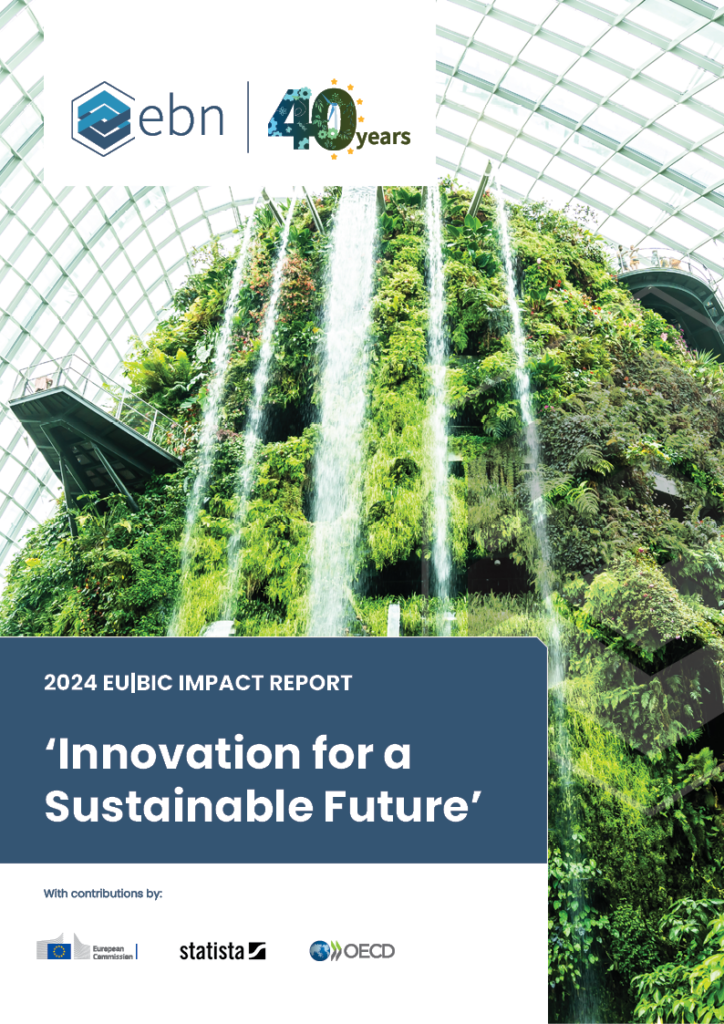
Our mission commitment to quality business support, regional development, and sustainable innovation is enhancing the competitiveness of European enterprises and contributing to the overall cohesion of European regions and the well-being of their societies.


